Following the International Olympic Committee (IOC) Executive Board on 29 November, the National Olympics Committee of Sierra Leone is delighted to confirm that Sierra Leone’s international athlete Hafsatu Kamara has been nominated as a candidate in the upcoming IOC Athletes Commission elections.
The IOC Athletes Commission elections will take place during the Paris 2024 Olympic Games.
Kamara, born on 7 December 1991 in the United States to Sierra Leonean parents and decided to represent her parent’s country of origin when approached by that country’s officials.
She competed for Sierra Leone at the 2016 Summer Olympics. She finished 8th in her heat for the 100 m and did not qualify for the semifinals. She was the flag bearer for Sierra Leone during the closing ceremony of the Games.
In 2018, she competed at the Commonwealth Games in Gold Coast in both the 100m and 200m and was also at the Africa Championships in Asaba, Nigeria.
In 2013, Kamara clocked a Personal Best of 11.61 sec (+0.2 m/s, at Northridge in the 100m) and 23.83 (+1.1 m/s in the 200m).
Also, in the 400 metres she ran a Personal Best of 57.85 in Pasadena the same year and in 2017, she pulled off 7.53 sec at the Flagstaff in 60 meters.
Hafsatu Kamara holds a Bachelor of Science degree in Exercise Sciences and she is a Brand Strategist at Warner Bros Discovery Sports.
She is also the Chairperson Sierra Leone National Olympics Committee Athlete Commission and a Committee member Association of the National Olympics Committee.
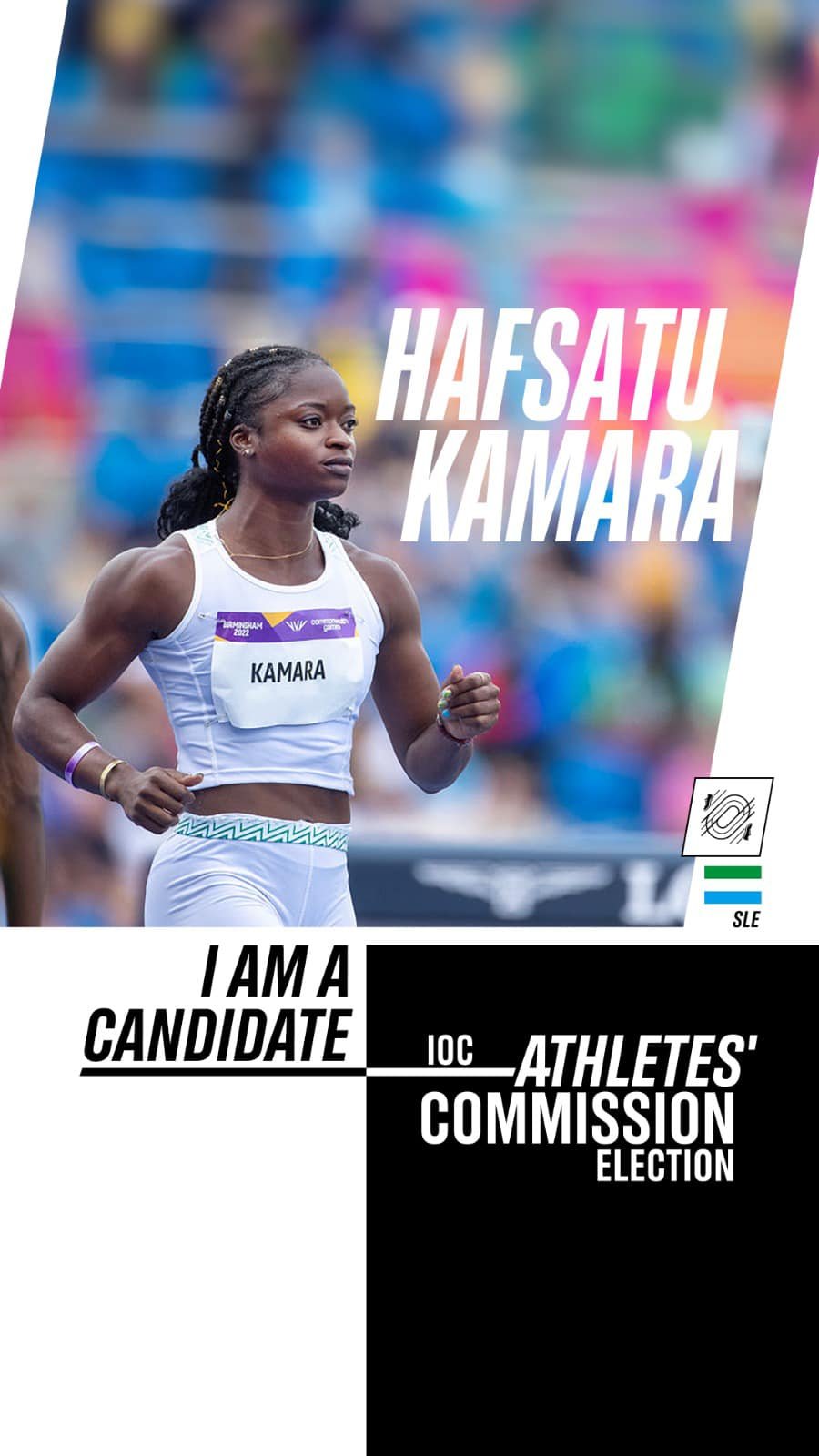
A total of 32 athletes, 18 female and 14 male, will seek election to the International Olympic Committee (IOC) Athletes’ Commission (AC) next year at the Olympic Games Paris 2024, and all of them have been approved by the IOC Executive Board (EB). Four positions are up for election.
Four candidates from four different sports will be elected directly by their peers to the IOC Athletes’ Commission. All athletes competing at Paris 2024 are eligible to vote in the Athlete365 House in the Olympic Villages during the Olympic Games.
The vote will be supervised and certified by an Election Committee, appointed by the IOC President, Thomas Bach, whose members are: Nicole Hoevertsz (Chair), a representative of the IOC Legal Affairs Commission; Pâquerette Girard Zappelli, as the IOC Chief Ethics and Compliance Officer; and Emma Terho, as a representative of the IOC Athletes’ Commission.
The IOC AC is composed of a maximum of 23 members (12 members directly elected by their peers and a maximum of 11 appointed), who serve a term of eight years. Additionally, and to strengthen the engagement with the network of athlete representatives and the athlete community at large, the Chairs (or their representatives) of the Athletes’ Commissions of all five Continental Associations, the IPC, WADA and the World Olympians Association are also represented on the IOC AC as liaisons.
The vote is held at every Olympic Games, with four members elected at each Summer Games, and two at each Winter Games. Furthermore, the IOC President, in consultation with the IOC AC Chair, can appoint further Commission members, to ensure a good balance between regions, genders and sports. The Chair and 1st and 2nd Vice-Chairs of the Commission are elected by the Commission members, and the Chair and 1st Vice Chair must also be elected members of the AC.
The IOC AC is represented at all levels of decision-making in the IOC and its members are directly involved in all decisions taken by the IOC. This is one of the main responsibilities of the AC, together with supporting athletes’ development in their sporting and non-sporting careers and serving as a link between the athletes and the IOC.
Any elected member of the IOC AC is put forward for election as an IOC Member. In total, 15 IOC AC members are also IOC Members (including three appointed members who are also elected as IOC Members), the same number as representing the International Federations and National Olympic Committees.
Additionally, the IOC AC Chair is a member of the IOC Executive Board, to ensure that athletes are part of the decision-making process at the highest level.
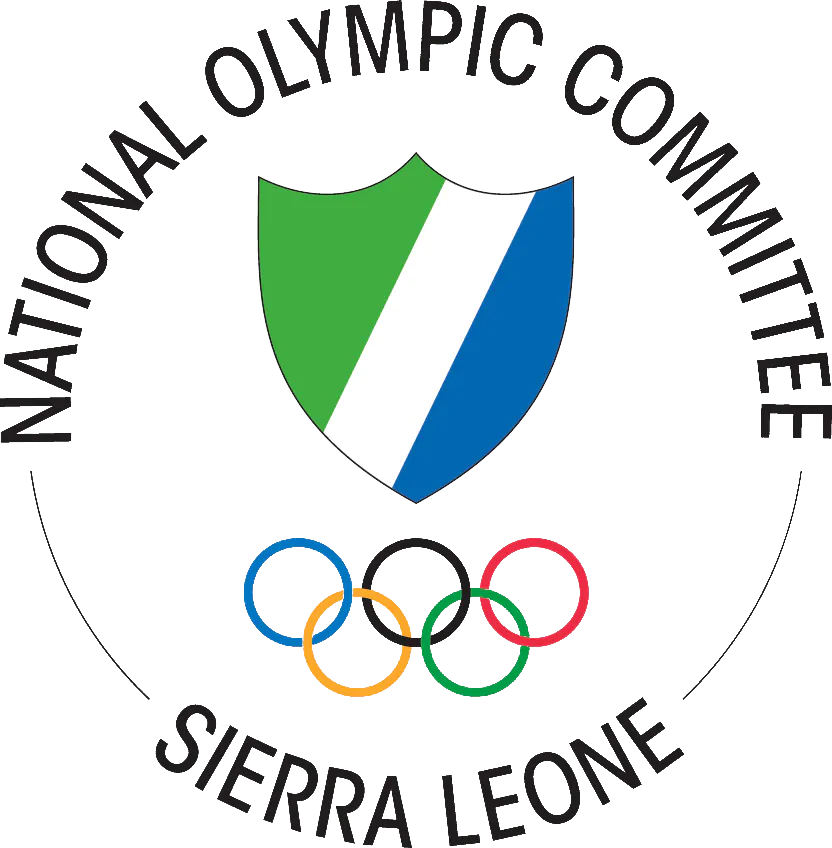
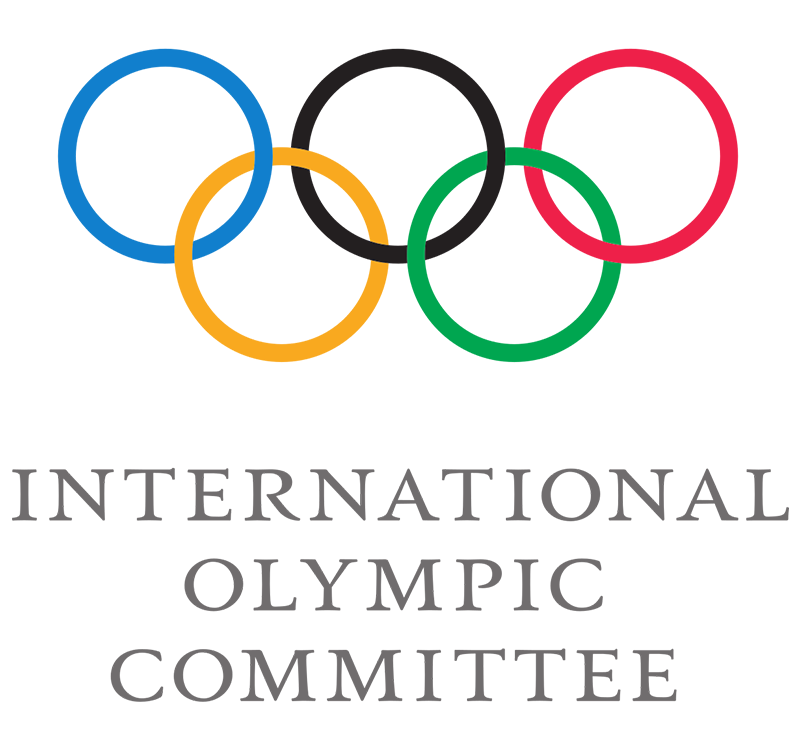
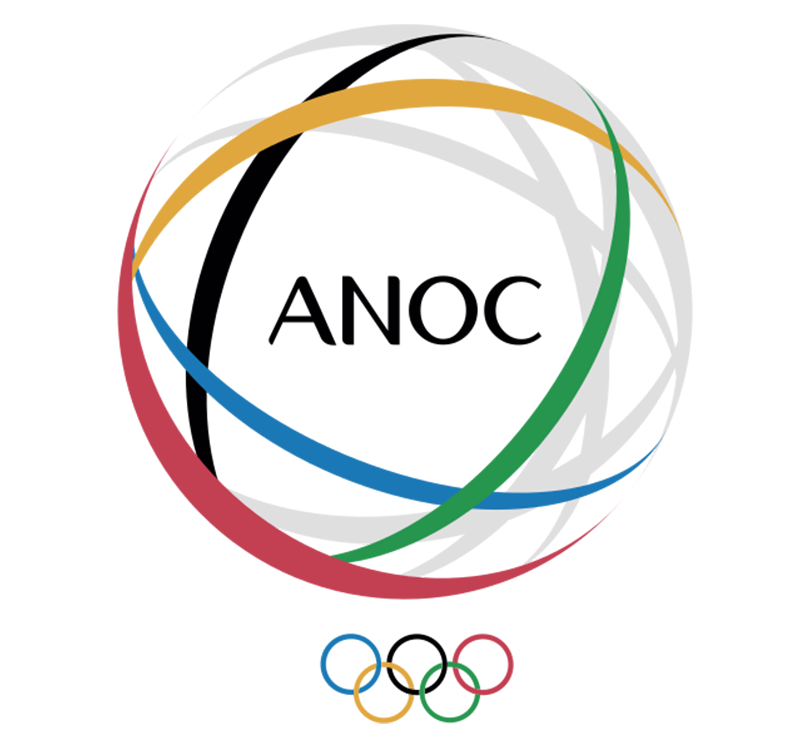
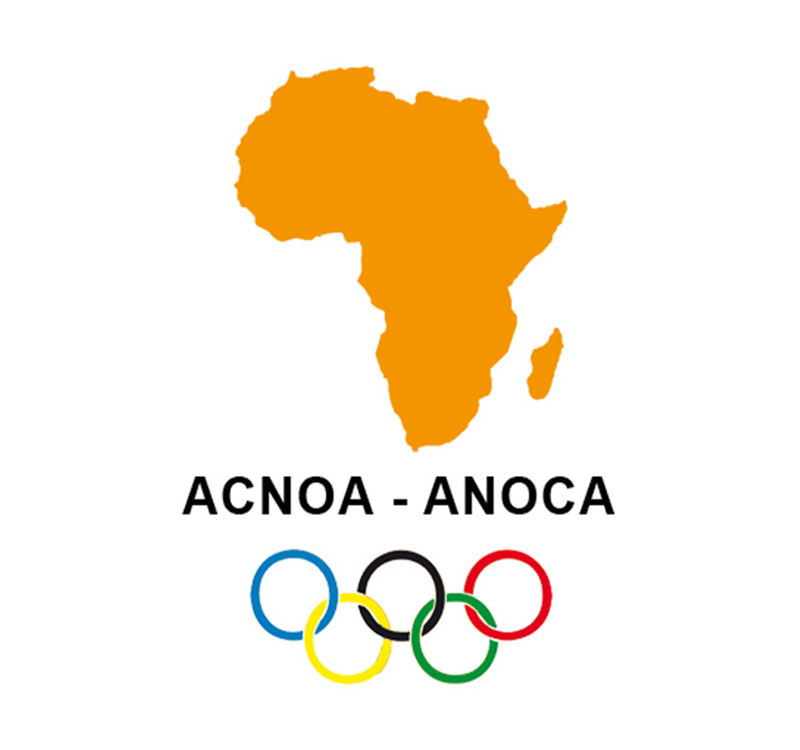





Leave A Comment